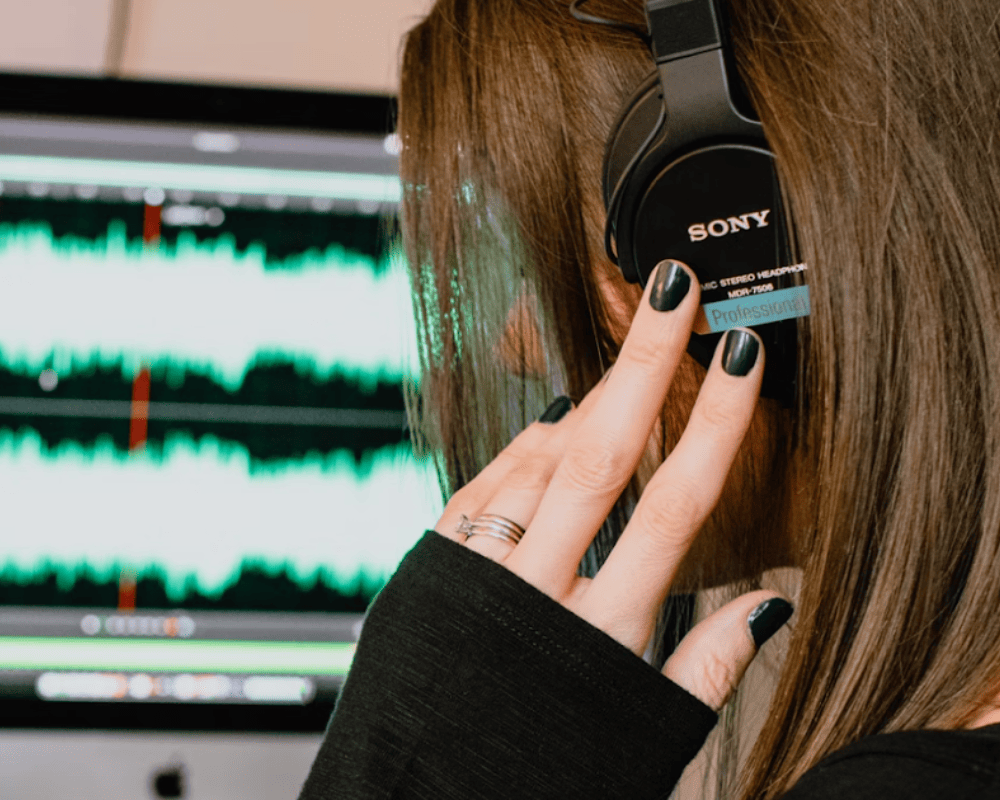
Do you think you hear or sing differently than others? Or do you think you may be tone-deaf? But is tone deafness really a medical condition? If yes, how can you tell whether you are a victim of it or not? Medically speaking, tone deafness is actually a disorder known as amusia. It is a neurological condition that makes it harder to differentiate between musical rhythms. It can range from having difficulty understanding melodies to a complete inability to recognize musical tones. But not everyone who lacks musical expertise has it.
Finding Out Whether You’re Tone Deaf
One can take a few tests to know whether they are tone-deaf or just pitchy. The first test you can take is playing two tunes one after the other and identifying both. You might be diagnosed with amusia if you can’t find the difference. The second test to try is to sing along to a song you know. You are probably tone-deaf if you are having trouble matching the melody or are way off-key. Just because you can’t find that perfect pitch doesn’t mean you are tone-deaf.
Can Music Cure Amusia?

While there is no cure for tone-deafness right now, you can still enjoy and sing your favorite songs. Taking singing or music lessons can help improve your pitch. You can become a great singer with training to properly use your vocals, mouth, and head. Learning to control your breathing would support your pitch more. A talented teacher by your side can help refine your voice and singing skills. People with amusia can’t always identify their feelings, and their ability to express such emotions while singing is limited. So, even if you suffer from tone deafness, you can still acknowledge the intensity of the emotions in music. So, take some lessons, or use a digital tuner, try to get a grasp on your vocals, and you are good to go.